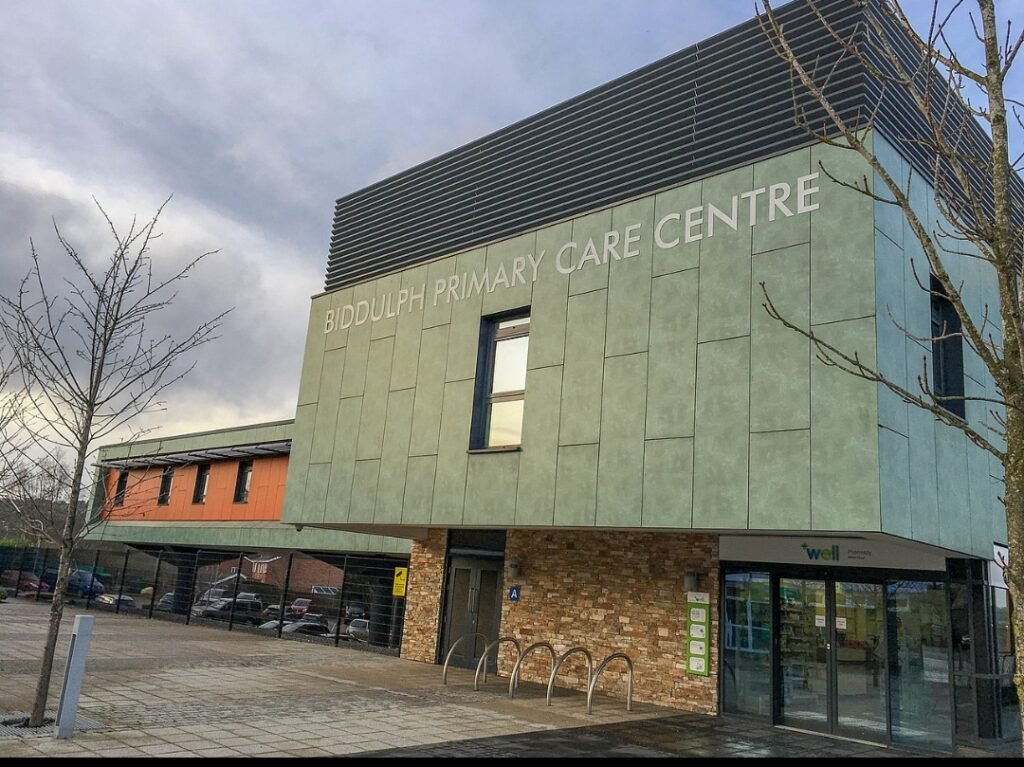Health Care: A Path to Wellness and Longevity

Health care forms the backbone of a thriving life, empowering individuals to live healthier, longer, and more fulfilling lives. With advancements in medical science, improved awareness, and accessible resources, maintaining health has become more achievable than ever. But how do we navigate this journey toward wellness effectively? The answer lies in understanding the essentials of healthcare and making informed choices for better living.
Why Is Health Care Important?
Health care plays a critical role in preventing diseases, promoting wellness, and improving the quality of life. Regular medical check-ups, timely interventions, and lifestyle modifications can significantly reduce the risk of chronic conditions such as diabetes, hypertension, and heart disease. Moreover, good health care enhances productivity, mental well-being, and resilience against illnesses.
Key Elements of Effective Health Care
Preventive Measures
Preventive care is an essential pillar of care. Vaccinations, screenings, and regular health assessments help identify potential risks early and mitigate them before they escalate into severe issues. For instance, routine screenings for cholesterol levels and blood pressure can avert cardiovascular complications.
Nutrition and Diet
A balanced diet rich in essential nutrients is indispensable for good health. Consuming fruits, vegetables, whole grains, lean proteins, and healthy fats ensures your body receives the vitamins and minerals it needs. Proper hydration is equally vital for maintaining organ function and energy levels.
Physical Activity
Regular exercise improves cardiovascular , strengthens muscles, and enhances mental well-being. Engaging in activities like walking, yoga, or cycling for at least 30 minutes daily can make a significant difference. Physical activity also helps manage weight and reduces the risk of lifestyle-related diseases.
Mental Health Care
Mental health is as important as physical health. Practices like mindfulness, therapy, and stress management techniques foster emotional stability. Seeking help for mental health concerns, such as anxiety or depression, ensures holistic well-being.
Access to Quality Care
Access to reliable health services and insurance coverage is crucial for timely medical attention. Affordable and accessible care eliminates barriers to treatments, ensuring better outcomes for individuals and communities alike.
Health Care Innovations for a Better Tomorrow
Telemedicine
Telemedicine has revolutionized the way health care is delivered. With virtual consultations, patients can connect with doctors remotely, saving time and reducing costs. This innovation is especially beneficial for those in rural areas or with mobility challenges.
Wearable Technology
Wearable devices, such as fitness trackers and smartwatches, provide real-time health insights. These gadgets monitor heart rate, sleep patterns, and physical activity, empowering individuals to take control of their health proactively.
Personalized Medicine
Advancements in genomics have paved the way for personalized medicine. Tailored treatments based on genetic makeup improve the efficacy of therapies and minimize side effects, offering a glimpse into the future of health care.
The Role of Lifestyle Choices in Health Care
Avoiding Harmful Habits
Steering clear of smoking, excessive alcohol consumption, and substance abuse significantly lowers the risk of diseases. Replacing these habits with healthier alternatives ensures long-term benefits.
Adequate Sleep
Sleep is a cornerstone of good health. Adults require 7-9 hours of sleep nightly to rejuvenate the body and mind. Quality sleep enhances cognitive function, mood, and immunity.
Stress Management
Chronic stress can have adverse effects on health. Techniques like meditation, deep breathing, and pursuing hobbies help alleviate stress, promoting overall well-being.
Making Health Care a Priority
Prioritizing health involves a combination of awareness, action, and consistency. Small, everyday steps, such as eating a nutritious breakfast, staying active, and scheduling regular medical check-ups, contribute significantly to a healthier life. Moreover, fostering supportive communities and advocating for better health policies create an environment where wellness thrives.
FAQs
What is the significance of preventive ?
Preventive health care helps detect and address potential health issues early, reducing the risk of severe conditions and promoting long-term wellness.
How does exercise benefit mental health?
Exercise releases endorphins, the body’s natural mood elevators, reducing stress, anxiety, and depression while enhancing self-esteem.
What role does telemedicine play in modern health care?
Telemedicine offers convenient access to medical consultations remotely, making health care more accessible, especially in underserved areas.
Why is hydration important for health?
Proper hydration supports vital functions, such as regulating body temperature, flushing toxins, and maintaining energy levels.
How can wearable technology improve health care?
Wearables provide real-time health data, enabling individuals to monitor and improve their fitness, sleep, and overall well-being.
What are the benefits of personalized medicine?
Personalized medicine offers treatments tailored to an individual’s genetic profile, increasing effectiveness and minimizing side effects.
Conclusion
Health care is not just about curing illnesses; it’s about nurturing a state of complete physical, mental, and social well-being. By embracing preventive care, making informed lifestyle choices, and leveraging innovations, we can pave the way for a healthier future. Remember, small steps taken consistently today lead to monumental benefits for a lifetime.




